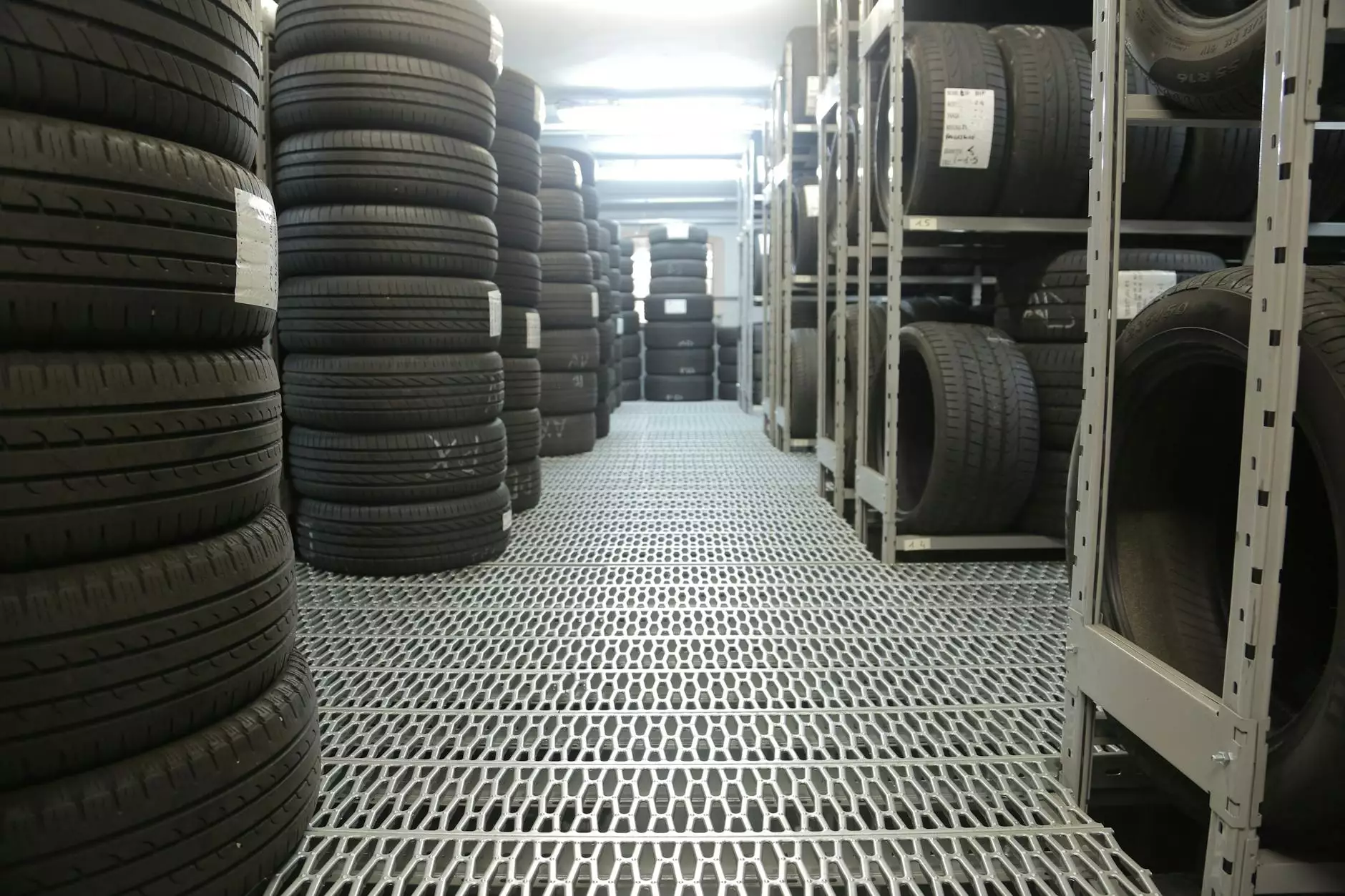Maximizing Farm Efficiency with Expert Farming Equipment Repair & Insights on Moisture Content in Grains

The Significance of Reliable Farming Equipment in Modern Agriculture
In the rapidly evolving landscape of agriculture, the backbone of successful farming operations hinges on the durability, efficiency, and maintenance of farming equipment. From tractors and harvesters to irrigation systems and grain handling machinery, each component plays a vital role in ensuring productivity and profitability.
At TSGC Inc., we understand how critical it is to keep your equipment in peak condition. Our specialized farm equipment repair services are designed to minimize downtime, extend equipment lifespan, and optimize operational efficiency. Regular maintenance and timely repairs are integral to preventing costly breakdowns, enabling farmers to meet demanding schedules, and ultimately increasing yields.
Comprehensive Farm Equipment Repair Services Offered by TSGC Inc.
Our expertise covers a wide spectrum of farm machinery, including but not limited to:
- Tractor Repairs — ensuring your primary power unit operates seamlessly
- Harvester & Thresher Maintenance — optimizing harvesting efficiency
- Irrigation System Repairs — protecting your water management infrastructure
- Grain Handling & Storage Equipment — preventing contamination and spoilage
- Electric & Hydraulic System Diagnostics — troubleshooting complex issues
Our technicians are equipped with cutting-edge diagnostic tools and extensive industry knowledge to quickly identify issues, implement durable repairs, and provide preventive maintenance plans tailored to your farm’s specific needs.
Incorporating Preventive Maintenance to Maximize Equipment Life
Preventive maintenance is a proactive approach that significantly reduces the risk of unexpected breakdowns. Regular inspections, lubrication, part replacements, and system calibrations keep machinery functioning at optimal levels. Preventative strategies include:
- Scheduled servicing based on usage hours and manufacturer recommendations
- Monitoring fluid levels and replacing filters timely
- Checking for wear and tear on belts, blades, and bearings
- Software diagnostics for modern electronic control systems
Implementing these practices not only saves costs associated with major repairs but also improves overall farm productivity by minimizing downtime during critical planting and harvesting seasons.
Understanding the Role of Moisture Content in Grains in Crop Storage and Quality
Efficient farm operations extend beyond equipment maintenance; they also involve understanding key agronomic parameters. Moisture content in grains is among the most important factors influencing crop quality, storage longevity, and marketability.
Properly managing moisture levels in grains like wheat, corn, soybeans, and rice prevents mold growth, insect infestations, and spoilage. Excess moisture can lead to significant *post-harvest losses*, while overly dry grains may suffer from quality degradation and weight loss.
Best Practices for Managing Moisture Content in Grains
Effective control of moisture content in grains involves a combination of harvesting, drying, and storage protocols, which include:
- Harvest Timing: Harvesting when grains reach optimal moisture levels (typically 13-15% for most cereals) reduces the need for extensive drying.
- Mechanical Drying Systems: Using grain dryers with precise temperature controls helps achieve the desired moisture content efficiently.
- Monitoring: Employing moisture meters and sensors ensures real-time data for decision-making.
- Proper Storage Conditions: Maintaining controlled humidity and temperature within storage facilities prolongs grain quality.
- Regular Inspection: Periodic checks prevent the development of decay or pest infestations that thrive in high-moisture environments.
By adhering to these practices, farmers can significantly reduce post-harvest losses, improve grain quality, and maximize market value.
The Impact of Moisture Content in Grains on Marketability and Safety
The moisture content in grains directly influences their *marketability*, *storage safety*, and *nutritional quality*. Grains with high moisture levels are prone to fungal growth, mold, and insect infestations, which not only reduce the crop's value but also pose health risks to consumers.
Maintaining optimal moisture content ensures that grains adhere to industry standards and legal requirements, facilitating seamless sale processes and satisfying buyer specifications. Proper drying and storage also prevent the development of mycotoxins—dangerous compounds produced by mold—thus safeguarding consumer health.
Technological Advancements in Monitoring & Controlling Moisture Content
Recent innovations have dramatically improved the ability of farmers to manage *moisture content in grains.* Advanced moisture sensors, remote monitoring systems, and automated drying controls enable precise adjustments in real-time. These technologies include:
- Digital Moisture Meters: Portable devices for accurate field measurements
- Embedded Sensor Networks: Deployed within storage silos to monitor conditions 24/7
- Automated Grain Dryers: Systems that calibrate drying parameters automatically to achieve consistent moisture levels
- Data Analytics & IoT Integration: Providing insights and predictive maintenance alerts
Adopting these smart technologies enhances grain quality control, increases operational efficiency, and helps farmers make informed decisions about harvest timing and storage management.
How TSGC Inc. Supports Farmers in Equipment Maintenance & Grain Management
At TSGC Inc., our mission is to empower farmers with top-tier farm equipment repair solutions and expert advies on best practices in grain handling. We recognize the critical importance of maintaining machinery and understanding *moisture content in grains* to ensure crop success.
Our dedicated team offers:
- Comprehensive maintenance and repair for all types of farming equipment
- Consultations on optimal harvest timing and drying procedures
- Recommendations on modern moisture monitoring solutions
- Training sessions for farm personnel on equipment operation and grain storage safety
With our expert assistance, farmers can streamline their operations, optimize yields, and ensure the highest quality of their grains for maximum profitability.
Conclusion: Building a Sustainable & Profitable Future in Agriculture
Sustainable farming hinges on meticulous equipment maintenance, effective management of *moisture content in grains*, and leveraging the latest technological advancements. By prioritizing these aspects, farmers can significantly reduce losses, enhance crop quality, and secure competitive advantages in the marketplace.
Partnering with experienced professionals like TSGC Inc. provides the support and resources needed to succeed in modern agriculture. Through innovative repair solutions and expert guidance on grain management, you set the stage for abundant harvests, happy consumers, and a thriving agricultural enterprise.









